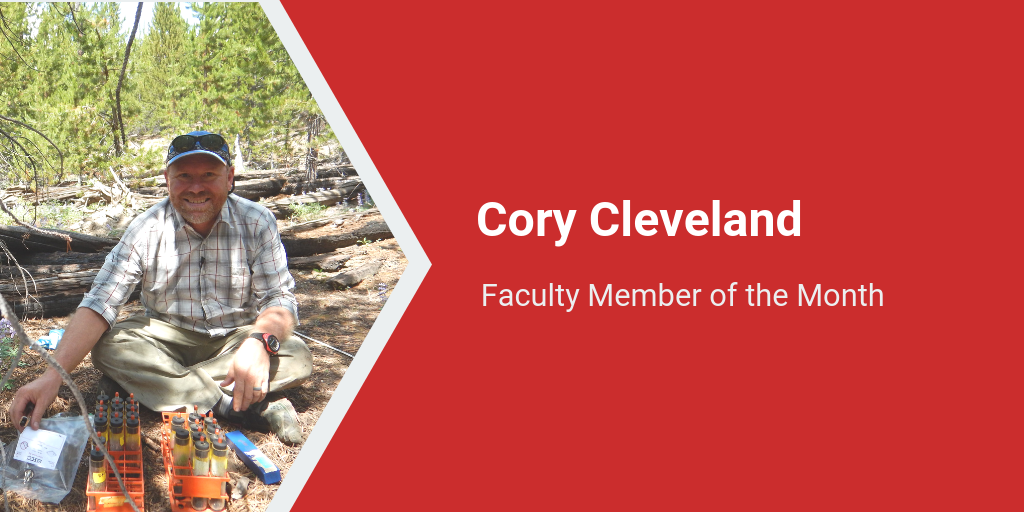It’s a truism to say that diversity is important: Society places value on the multiple functions of ecosystems from soil fertility to erosion control to wildlife-carrying capacity, and these functions are potentially threatened by ongoing biodiversity losses. E. S. Zavaleta et al., 20101
My Culture Friday article on the Blackawton Bees paper attracted a fair amount of interest, and some comments. Such as
It’s all too easy to call someone stupid when they disagree with you. Understandable, but wrong nonetheless. Some of these people, who don’t seem to understand science or reason, may be politically motivated. Others may be genuinely confused, uncertain, or scared and vulnerable. This does not mean they’re stupid.
They say that bilateral symmetry is an indicator of attractiveness and freedom from disease1, 2.
You sit down to write your grant proposal, and you focus on the science that you’re excited about. You write about how great it is, and you write about how it will revolutionize the field. You get the reviews back, and it is a rejection. This happens to you again, and again. The more grants you…
This week’s news includes an unexpected benefit of childhood vaccines, a potentially colossal number of retractions from a German anesthesiologist, the full genome of the water flea, newly announced pharmaceutical cuts, thoughts on the situation in Egypt, a debate on genetic manipulation in France, and the stem cell gun that may heal burns.
In this second of three videos featuring Peter Murray-Rust, from the Chemistry Department of the University of Cambridge, recorded at the Panton Arms, I ask him if he has faced any opposition to the concept of open data. Peter is more concerned about the dangers of partial publication, where in his words people want the…
Last summer, as part of the Royal Society’s 350th Anniversary celebrations, I took part in a panel discussion on the history of science conversation. Afterwards, a chap by the name of Patrick Morris came up to me to talk about a play about Isaac Newton.
Perhaps the most distinctive and powerful thing about Science is its tendency, or rather proclivity to ask searching, even uncomfortable questions. And unlike belief systems, or ideological and political and movements, or pseudoscience, it asks those questions of itself. There’s been a fair bit of that going on recently.
The question in the title was prompted by a comment I received on a previous Naturally Selected blog post about the three deadly sins of grant writing. The commenter chose to pick on my grammar in the post, insinuating that because, in her opinion the post exhibited poor grammar, I wasn’t to be listened to.





